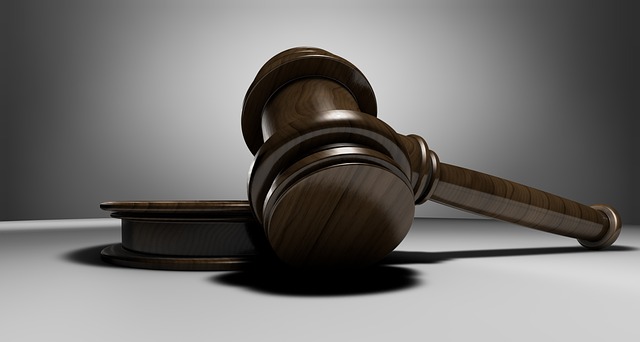Selecting law office equipment requires balancing specific legal practice needs, long-term cost-effectiveness, reliability, and employee well-being. Prioritize hardware that supports specialized software like case management and e-discovery, ensures secure data sharing, and promotes ergonomic design to prevent fatigue. Invest in quality equipment from reputable manufacturers offering warranties and support for optimal legal practice efficiency.
Choosing the right computers and monitors for a legal practice is essential for maximizing efficiency and productivity. In today’s digital age, law offices rely heavily on technology for case management, document review, and research. This article guides you through the crucial factors to consider when selecting law office equipment, ensuring your practice stays competitive and well-equipped. From understanding software requirements to evaluating monitor specifications, we provide insights to make informed decisions tailored to your legal work’s unique needs.
- Factors to Consider When Selecting Law Office Equipment
- 1.1. Nature of Legal Work: Software Requirements and Compatibility
Factors to Consider When Selecting Law Office Equipment
When selecting law office equipment, several factors come into play, ensuring your practice runs smoothly and efficiently. Firstly, consider the specific needs of your legal practice. Different areas of law may require distinct hardware configurations. For instance, a criminal defense firm might prioritize fast processing for heavy-duty software like graphic visualization tools, while a document-heavy civil rights practice would benefit from robust storage options and high-resolution scanners.
Additionally, law office equipment should be chosen with an eye towards long-term reliability and cost-effectiveness. Investing in quality hardware can reduce the need for frequent upgrades, saving your firm money in the long run. Look for manufacturers that offer warranties and excellent customer support to ensure smooth maintenance and repairs. Ergonomics also play a significant role; choosing monitors and keyboards designed for extended use can prevent employee fatigue and promote a healthier work environment.
1.1. Nature of Legal Work: Software Requirements and Compatibility
The nature of legal work demands efficient and reliable technology, as law offices handle a wide range of tasks that require robust hardware and software solutions. Legal professionals rely on computers and monitors for everything from document creation and case research to client communication and court presentations. This necessitates specialized equipment capable of handling demanding applications and large volumes of data.
When choosing law office equipment, it’s crucial to consider the specific software requirements of legal practice areas. Different specialties may require unique programs for case management, e-discovery, legal research databases, and document automation. Ensuring compatibility between hardware and software is essential to avoid disruptions and maximize productivity. Compatibility also extends to connectivity options, as seamless integration with network resources and secure data sharing are paramount in maintaining client confidentiality and compliance with ethical standards.
When equipping a law office, prioritizing the right hardware is key. By understanding your practice’s specific software needs and ensuring compatibility with chosen devices, you can streamline workflows and enhance efficiency. Investing in robust yet user-friendly computers and monitors tailored to legal work will prove invaluable for both current and future demands. Remember, the right equipment can significantly impact productivity and client satisfaction.
